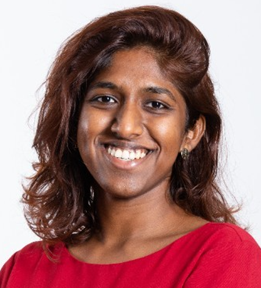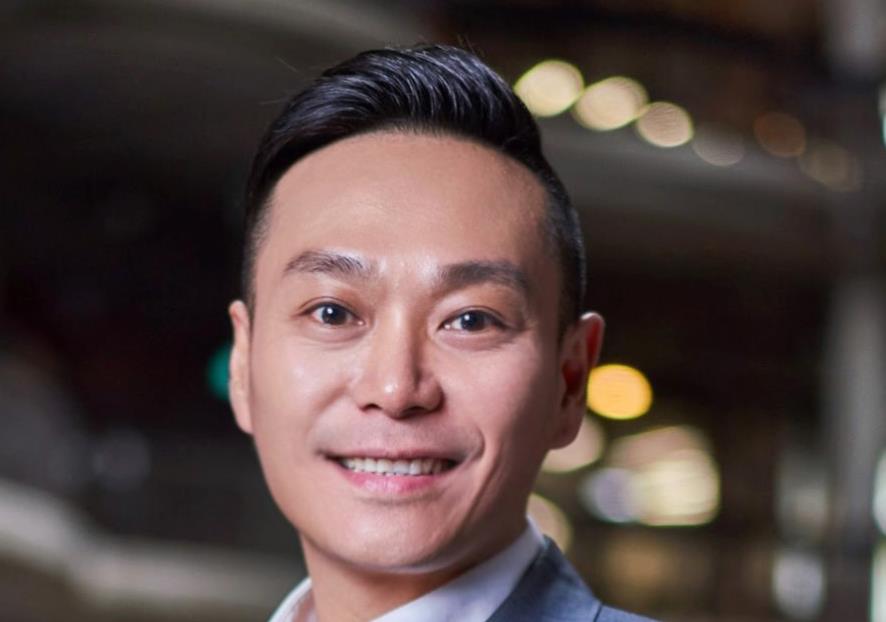Profile: Up close with Associate Professor Andy Ho
 | By Retna Devi |
At LKCMedicine, there is never a shortage of researchers carrying out interesting research that benefits the public, while consistently pushing the frontiers of healthcare and medicine. Associate Professor Andy Ho, one of the recent faculty hires at LKCMedicine, is no different.

A social scientist, educator and psychologist who specialises in psychosocial gerontology, arts and creative ageing, palliative and bereavement care, holistic therapies digital health, chronic disease management and community empowerment, Assoc Prof Ho deftly combines his expertise in different areas to identify pockets of needs and create effective solutions for patients and the wider public.
With such varied and multidisciplinary research interests, what is your approach to the research and projects you embark upon?
The focus of my expansive research evolves with growing concerns over population wellbeing and sustainable human development, marked by rapidly ageing populations, decreasing physical and mental health, as well as increasing social injustice and segregation. To tackle these multifaceted yet often interconnected topics, I adopt a pragmatic epistemological stance that highlights both qualitative and quantitative methodologies for obtaining comprehensive understandings of complex social phenomena, which in turn enable the development of holistic strategies and interventions to address them.
With the integration of participatory action research approaches, my research also focuses on eliciting the voices and lived experiences of my research participants - to engage them in collaborative knowledge creation, to develop solutions to problems that best fit their needs, and to empower them in becoming change agents of their own lives and within their communities. This triangulation of research paradigms serves to ensure all empirical efforts are translatable and applicable in real life context, whilst the identified solutions to social ills are developed with the people, by the people, and for the people.
Over the years, I have developed 10 psycho-socio-spiritual interventions for augmenting chronic disease management and mental health promotion of different clinical populations. For example, one of my key research programmes which critically examines the construct of dignity in the context of palliative care has led to the development and randomised control trial of the Family Dignity Intervention (FDI). FDI is a standardised four-week psycho-socio-spiritual intervention that has been found to be robustly effective in improving the quality of life, hope, life meaning, and perceived social support of terminally ill patients in the face of mortality. FDI has also shown strong efficacy in reducing depressive symptoms and caregiver burden while elevating the sense of hope and meaning among their family caregivers. Recognised as a highly effective intervention for augmenting holistic palliative care in Asia, FDI has now been adopted by HCA Hospice Care in Singapore and the Brother and Sisters In Christ Foundation in Hong Kong as part of their regular clinical practice for supporting the mental health and spiritual wellbeing of patients and families facing death, loss, and bereavement.
While at LKCMedicine, you are the Lead Principal Investigator of CADENCEand conducting research about preventing limb losses in Singapore through health literacy and healthcare improvements. Could you tell us more about these projects and why you are pursuing them?
With growing prevalence of various chronic diseases among all population cohorts and particularly the elderly population in Singapore, there is an urgent need to empower individuals and their families with evidence-based health literacy and timely behavioural nudges for preventing disease development and curbing disease progression. Cardiovascular Disease National Collaborative Enterprise (CADENCE) is one such major initiative that aims to create a national cardiovascular research programme that brings together basic science, translational and clinical research strengths across Singapore in a synergistic and integrated manner to improve health outcomes for patients with cardiovascular diseases.
As the Lead Principal Investigator of CADENCE’s Artificial Intelligence, Digital Health, and Human Potential Platform (Platform 3), I, together with NTU’s School of Electrical & Electronic Engineering Professor Andy Khong (Platform 3 Co-Lead) and the rest of our research team, will leverage on the man-machine interface, as well as the power of technology and data to deliver lifestyle and behavioural coaching together with clinician-pharmacists trained to manage hyperlipidaemia.
A second project that I am leading with my LKCMedicine colleagues is one that focuses on addressing the problem of Diabetic Foot Ulcers (DFU), a major public health concern globally and particularly in Singapore whereby four DFU-related amputations are being performed in local public hospitals every day. Over the past few years, we have developed and piloted the WELL FEET Digital Application that aims to prevent DFU through the promotion of foot care knowledge and proper foot care behaviours among people with diabetes. This is done through personalised education and carefully curated behavioural intervention delivered through an easy-to-use mobile health platform.
You have won many awards and achieved many milestones in your career. What would you consider your most rewarding career moment(s)?
I am humbled and honoured to have received numerous research and teaching awards over the years, and more recently the Distinguished Alumni Award from the University of Hong Kong, the ADEC Leadership Award from the Association for Death Education and Counseling in the United States, and the celebrated Nanyang Research Awards from NTU. These accomplishments would not have been possible without the wonderful support of my research team, the invaluable insights from my research participants, the curiosity and wisdom of my students, as well as the unwavering love from my family. They are testaments to teamwork, collaborations, dedication and belief in making the world a better place through quality education and empirical sciences.
And while these accolades are truly special, they are no match to seeing the smiles on the faces of my patients and their families who have experienced positive changes and transformative growth from having gone through the interventions and programmes that my team and I have created together.
Now that you are part of the LKCMedicine family, what are you most looking forward to and what insights do you hope to bring to this role?
I have been part of the LKCMedicine family for a few years now, although it was in an honorary role. Now that I am here for good, I look forward to more research collaborations and partnerships with the many innovative and inspirational researchers and clinicians at the School. I also look forward to contributing to the enhancement of the Medical Humanities programme, supporting the training of our future doctors through developing more opportunities for experiential learning that gear towards mindful and compassionate medicine.

You seem to be a very industrious individual. Do you do anything outside of work to unwind?
I am a mindfulness practitioner, and I find the process of slowing down, focusing on my breath, paying attention to and savouring the here and now to be most conducive for my sanity and emotional stability in an increasingly chaotic world.
One way to do that, apart from meditation, is cooking. I love to cook for the people whom I love; it is a wonderful joy and a privilege to be able to nourish their bodies and their souls with food made by hands and from the heart. At the same time, I am somewhat of an adrenaline junkie and have a need for speed; in a funny and ironic way, snowboarding, wakeboarding, wake surfing, and go-karting help me unwind. So, I will catch you on the slopes, on the waves, or at the dining table!

